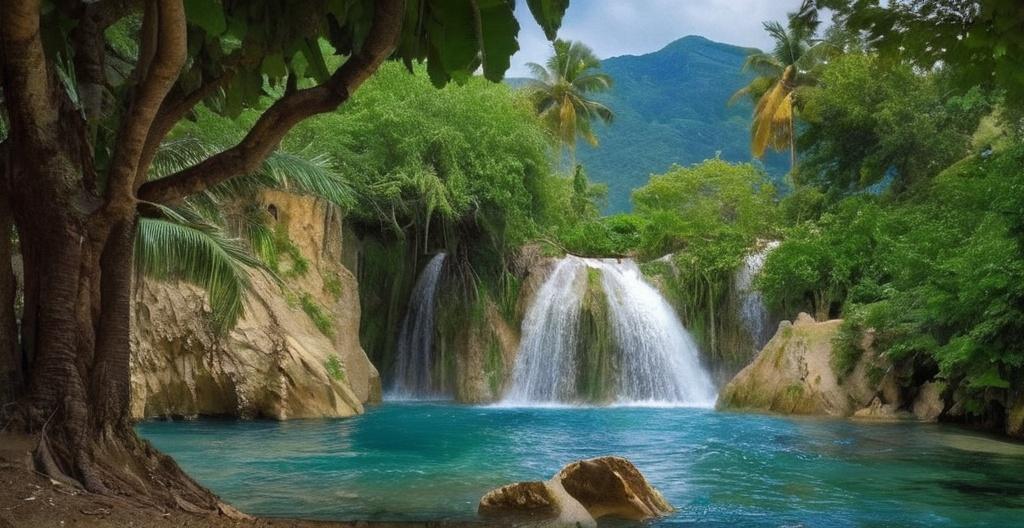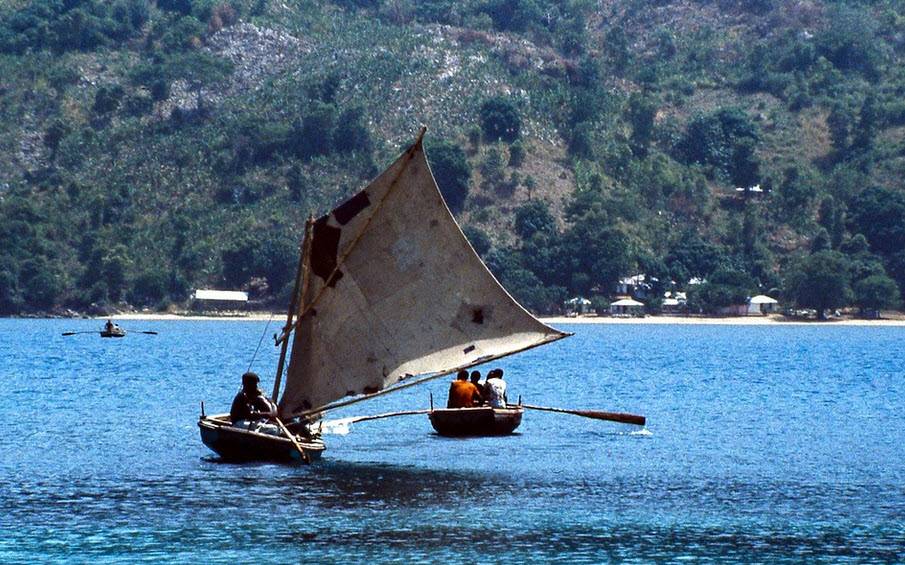Key Take Aways About Scuba Diving in Haiti
- Haiti offers stunning undersea spots that are less crowded and more pristine.
- Important diving locations include Labadee and Ile-à-Vache, with vibrant coral reefs and diverse marine life.
- Marine life includes tropical fish, turtles, rays, and occasionally dolphins.
- Conservation efforts are growing to protect coral reefs and marine biodiversity.
- Diving infrastructure is developing, driven by eco-tourism interest.
- Best diving season: November to March for optimal conditions and visibility.
- The less-commercialized diving scene offers unique and personal experiences.

Getting to Know Haiti’s Underwater World
Haiti isn’t the first place that springs to mind when you think of scuba, but maybe it should be. This Caribbean country has some pretty stunning undersea spots that are begging to be explored. The country, sharing the island of Hispaniola with the Dominican Republic, boasts coral reefs, diverse marine life, and fascinating underwater landscapes.
The Coral Reefs of Haiti
Haiti’s coastlines are lined with coral reefs that are home to countless marine species. In many ways, these reefs are still in a state that many other Caribbean regions lost to environmental pressures. The reefs around Labadee and Ile-à-Vache, in particular, are worth checking out.
Labadee
Labadee is famous for its cruise ports, but under the water, it’s another story. The reefs here are less crowded with divers, giving you a bit more space to enjoy the vibrant corals and darting fish. Visibility can be top-notch at certain times of the year, offering a clear view of the bustling marine life.
Ile-à-Vache
This small island off the southern coast of Haiti is like a sleepy tropical postcard above water but an absolute party below it. Divers can expect to see everything from elegant stingrays to the occasional shark cruising along the reef. The corals here are colorful and dense, providing a vibrant backdrop to any underwater adventure.
Marine Life
In Haiti, the underwater residents are just as diverse as the sights. Expect to meet a variety of critters on your dives. Tropical fish like parrotfish and angelfish are often seen darting in and out of the corals. Larger creatures like turtles, rays, and even dolphins occasionally make an appearance.
Importance of Marine Conservation
Conservation efforts are gaining traction in Haiti. Many initiatives are working towards protecting coral reefs and marine life by collaborating with local communities. These programs aim to safeguard the underwater environment for future exploration while supporting local economies.
Scuba Diving Infrastructure
Okay, full disclosure: Haiti isn’t jam-packed with dive shops like some other Caribbean spots. The infrastructure is growing, however, and more operators are setting up shop. This is partly due to the increasing interest in eco-tourism.
Dive Operators
Lesser-known operators can be found around popular diving spots, offering guided dives and equipment rentals. Haiti’s diving industry is still finding its feet, but that’s part of what makes it interesting. There’s a sense of pioneering, being part of a diving community that’s just beginning to carve out its niche. Be sure to check out operator reviews extensively before booking.
Best Times to Visit
Scuba season in Haiti is pretty much year-round, but the best time to visit tends to be from November to March when the weather is cooler and drier. This coincides with the dry season, offering better underwater visibility and calmer seas.
Weather Considerations
Hurricane season runs from June to November, meaning some dives might get canceled due to storms or rough sea conditions. Always keep an eye on the weather forecasts if you’re planning a trip during these months.
Personal Stories from Divers
Many divers have been pleasantly surprised by what Haiti has to offer. One diver recounted an unexpected encounter with a group of dolphins near Jacmel, adding a touch of magic to an already exciting dive. Another spoke of the thrill of discovering uncharted dive spots, feeling like an underwater explorer in a virtually untapped area.
Conclusion
Scuba diving in Haiti is like opening a door to a hidden treasure in the Caribbean. It’s not as commercialized as other destinations, meaning the marine ecosystems are often more pristine, and your encounters more personal. Whether you’re looking to explore vibrant coral reefs or encounter diverse marine life, Haiti’s waters offer an underwater experience that’s a little off the beaten path but totally worth it.
